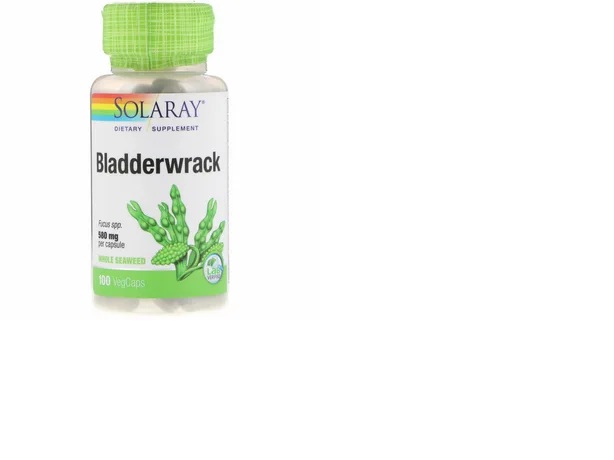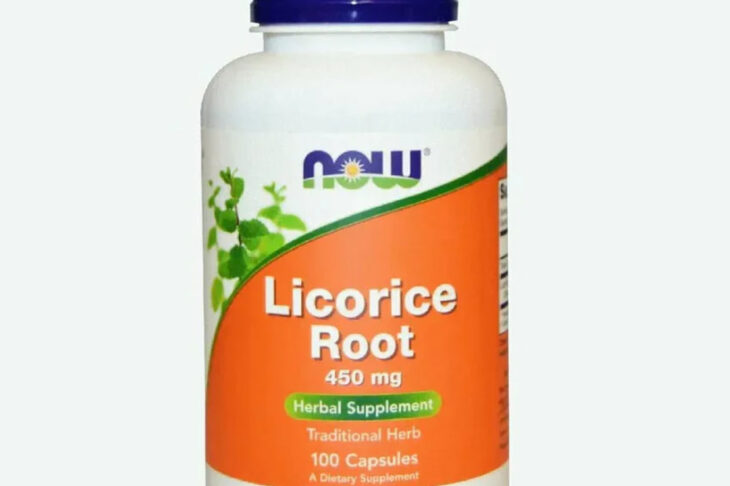
Benefits of Bladderwrack Supplements
Bladderwrack, scientifically known as Fucus vesiculosus, is a species of brown seaweed found along the coastlines of the North Atlantic and Baltic Seas. Renowned for its rich nutritional profile and therapeutic properties, bladderwrack has been used for centuries in traditional medicine systems worldwide. Today, bladderwrack supplements have gained popularity for their potential health benefits, ranging from thyroid support to weight management and beyond. In this comprehensive guide, we’ll delve into the origins, nutritional composition, therapeutic uses, dosage recommendations, and safety considerations associated with bladderwrack supplements.
Understanding Bladderwrack
Origins and Traditional Use
Bladderwrack has a long history of use in various cultures, particularly in coastal regions where it is abundantly available. Indigenous peoples of Europe, Asia, and North America have traditionally harvested bladderwrack for its medicinal and culinary purposes. In traditional medicine, bladderwrack was used to address a wide range of health issues, including thyroid disorders, digestive ailments, skin conditions, and inflammatory diseases.
Nutritional Composition
Bladderwrack is a nutritional powerhouse, packed with vitamins, minerals, antioxidants, and other bioactive compounds. One of the most notable nutrients in bladderwrack is iodine, an essential mineral required for thyroid hormone synthesis. Additionally, bladderwrack contains significant levels of vitamins A, C, E, and B vitamins, as well as minerals such as iron, calcium, magnesium, and potassium. These nutrients play vital roles in supporting overall health and well-being.
Health Benefits of Bladderwrack Supplements
Thyroid Support
One of the primary benefits of bladderwrack supplements is their potential to support thyroid health and function. Iodine, a key nutrient found abundantly in bladderwrack, is essential for the synthesis of thyroid hormones. Adequate iodine intake helps regulate metabolism, energy production, and overall thyroid function. Bladderwrack supplements may be beneficial for individuals with thyroid disorders such as hypothyroidism or iodine deficiency.
Weight Management
Bladderwrack supplements are often promoted for their potential role in weight management and metabolic support. Some studies suggest that compounds found in bladderwrack, such as fucoxanthin and alginate, may help regulate appetite, reduce fat absorption, and increase calorie expenditure. These effects could potentially aid in weight loss and weight management efforts when combined with a healthy diet and lifestyle.
Digestive Health
Traditionally, bladderwrack has been used to support digestive health and alleviate gastrointestinal discomfort. The mucilaginous properties of bladderwrack help soothe irritated mucous membranes in the digestive tract, promoting digestive comfort and regularity. Additionally, bladderwrack’s fiber content supports healthy digestion, bowel movements, and gut microbiota balance.
Antioxidant Protection
Bladderwrack contains a variety of antioxidants, including vitamins A, C, and E, as well as polyphenols and flavonoids. These antioxidants help neutralize harmful free radicals, reduce oxidative stress, and protect cells from damage caused by environmental toxins and UV radiation. By scavenging free radicals, bladderwrack supplements may help prevent chronic diseases and support overall health.
Skin Health
Bladderwrack supplements may offer benefits for skin health and beauty. The vitamins, minerals, and antioxidants present in bladderwrack support collagen production, promote skin hydration, and protect against UV-induced damage. Additionally, bladderwrack’s anti-inflammatory properties may help alleviate skin conditions such as acne, eczema, and psoriasis, leading to clearer, healthier-looking skin.
Dosage Recommendations
Standardized Extracts
Bladderwrack supplements are available in various forms, including capsules, tablets, tinctures, and powders. Dosage recommendations may vary depending on the concentration of active compounds and the specific health condition being targeted. However, a typical dosage range for bladderwrack extract is 500-1000 milligrams per day. It is advisable to follow the dosage instructions provided on the product label or consult with a healthcare professional for personalized recommendations.
Safety Considerations
Generally Recognized as Safe
Bladderwrack supplements are generally considered safe for most individuals when taken at recommended doses. However, some people may experience mild side effects such as gastrointestinal upset or allergic reactions. It is essential to start with a low dose and monitor for any adverse reactions, discontinuing use if necessary.
Pregnancy and Breastfeeding
Pregnant and breastfeeding women should exercise caution and consult with a healthcare professional before using bladderwrack supplements. While bladderwrack is generally safe for consumption, excessive iodine intake during pregnancy and lactation could potentially affect fetal development and infant health. It is advisable to avoid high-dose bladderwrack supplementation during these periods.
Thyroid Disorders
Individuals with thyroid disorders, such as hyperthyroidism or autoimmune thyroiditis, should consult with a healthcare professional before using bladderwrack supplements. While iodine is essential for thyroid health, excessive iodine intake can exacerbate thyroid dysfunction and lead to adverse effects. It is crucial to monitor iodine intake and thyroid function closely in individuals with thyroid disorders.
Conclusion:
Bladderwrack supplements offer a wealth of potential health benefits, from thyroid support and weight management to digestive health and skin rejuvenation. With its rich nutritional profile and therapeutic properties, bladderwrack continues to be a popular choice for individuals seeking natural remedies for various health concerns. By incorporating bladder
- Benefits of Cats Claw Supplements - March 29, 2024
- Benefits of Cascara Sagrada Supplements - March 29, 2024
- Benefits of Bonset Supplements - March 21, 2024


